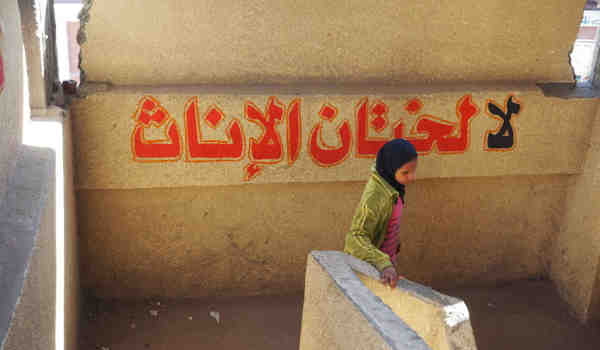Female Genital Mutilation on the Rise: Report

A new UN report released Monday says that, despite being forbidden by national and international law, female genital mutilation and / or excision shows no sign of abating in Guinea.
According to the report, 97 percent of women and girls aged 15 to 49 years in Guinea have undergone female genital mutilation and / or excision.
“Although female genital mutilation appears to be decreasing worldwide, this is not the case in Guinea, where this practice is widespread in every region and among every ethnic, religious and social group,” said UN High Commissioner for Human Rights Zeid Ra’ad Al Hussein.
[ Say “No” to Female Genital Mutilation: UN ]
The report shows that, in recent years, female genital mutilation and / or excision (FGM/E) has been inflicted on girls at a younger age than was previously the case. According to a recent study, 69 percent of women aged 20 to 24 were excised before the age of 10.
In Guinea, FGM/E is mostly seen as an initiation rite and groups of girls from multiple families are often excised together, either at home or in camps.
However the report shows an increasing trend towards individual excisions, due to financial constraints and out of fear of legal sanctions, especially when it comes to excising infants or very young girls.
[ New Initiative to Protect Girls from Child Marriage ]
Although FGM/E is usually carried out by traditional excision practitioners, there is also a growing trend towards its medicalization, despite a 2010 decree specifically prohibiting public or private health institutions from practising it.
Whereas in most countries where FGM/E is still occurring, women and girls seem to be largely in favour of its abolition, in Guinea the number of women supporting it has increased.
A study by the Institut national de la statistique showed that the proportion of women and girls in favour of it rose from 65 percent in 1999 to 76 percent in 2012.
The report makes several recommendations to the government, NGOs and the international community to enhance the fight against FGM/E.
In particular, it calls on the authorities to ensure the full respect and enforcement of all relevant legislation, with independent and impartial investigation of every suspected case of FGM/E, and the prosecution of perpetrators and their accomplices.





